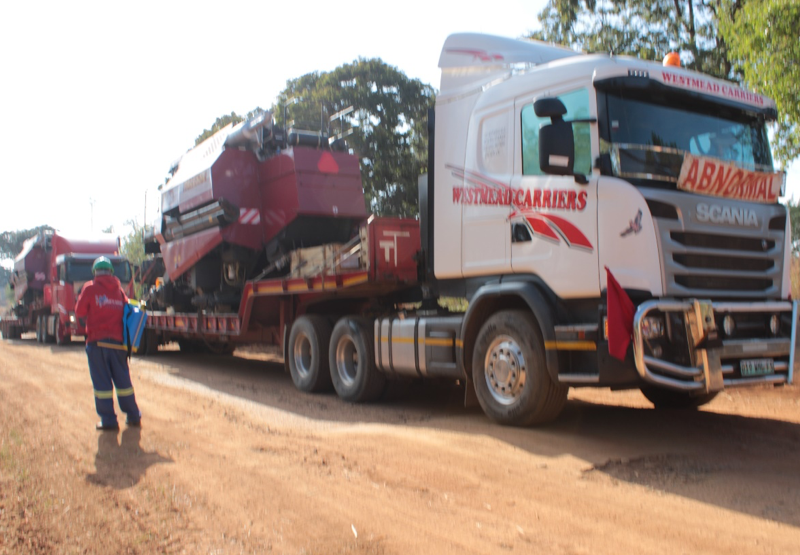Food-insecure Zimbabwe turns to Belarus to revive agriculture sector
March 6, 2020 by
The Independent
PRESIDENT Emmerson Mnangagwa is planning to parcel out vast tracts of prime horticultural land to the Belarusian government in a deal that will see the eastern European nation farming and exporting produce globally while capacitating local farmers, the Zimbabwe Independent has learnt.
Deputy Agriculture minister Vangelis Haritatos confirmed the development in an interview although he said discussions were still in progress.The Belarusians are interested in investing in crop and livestock production, agro-processing, input supply and local manufacturing of farm mechanisation and irrigation equipment.
Apart from engaging in farming, the Belarusians will also enter into joint ventures with local farmers, after the authorities realised that most black farmers who benefitted from the 2000 fast-track land reform programme had failed to produce enough for the country, now considered one of the most food insecure nations, according to the World Food Programme.
The government is battling to contain a devastating food crisis, which is expected to worsen following another poor rainy season. The World Food Programme estimates that a total of 7,7 million Zimbabweans are facing hunger and will need to be assisted with food by as early as next month. These include 5,5 million rural Zimbabweans and 2,2 million urbanites.
Mnangagwa sees the new agriculture investment deal as a solution to hunger which security officials say has become a security threat.A government official told the Independent this week that a contingent of Belarusian officials will arrive in the coming weeks to assess land and “hopefully lock the deal”.
Haritatos said the deal would help improve security.“Their message is clear; they want to help the Republic of Zimbabwe become food and nutrition self-sufficient once again. They want us to produce enough of our own wheat, soya beans, maize, beef, dairy, poultry, and horticulture and export the excess into the region and the world,” Haritatos said.
“The Republic of Belarus has identified Zimbabwe’s need for economic growth and intends to achieve this through financial injection to boost agricultural production of selected commodities to supply our local market, as well as the Belarusian market while activating local agro-industry to enable the exporting of produce into the region.”
Commodities that the Belarusian government potentially wants to promote include wheat, maize, soya beans, beef, dairy, poultry and horticulture.
In September 2019, a high-powered delegation led by the Belarusian chief of presidential affairs, General Victor Sheiman, visited Zimbabwe to follow up on the investment deals, including agriculture.
“When finalisation of an agreement has been made, through joint ventures that will be modelled around the identified specific commodities, Zimbabwe will be further capacitated to produce, process, and market finished products not only for our local market, but also for the Belarusian and regional markets,” Haritatos said.
“No final agreement has been signed yet, although there has been a great deal of correspondence that has been taking place between our ministry and ministry officials from the Republic of Belarus.”
Under the deal, Belarus will provide funding for machinery, equipment and related infrastructure depending on the production, processing and marketing requirements of the commodities.
The Belarusians will also get land for farming exclusively. The eastern Europeans want to engage in horticultural activities on the land with the produce being exported to Belarus and other European markets.
Last year, Mnangagwa visited Belarus, where his government claimed he sealed a number of deals ranging from supply of machinery, and equipment for agriculture, dam construction and mining.
https://www.theindependent.co.zw/20...-turns-to-belarus-to-revive-agric-sector/amp/




